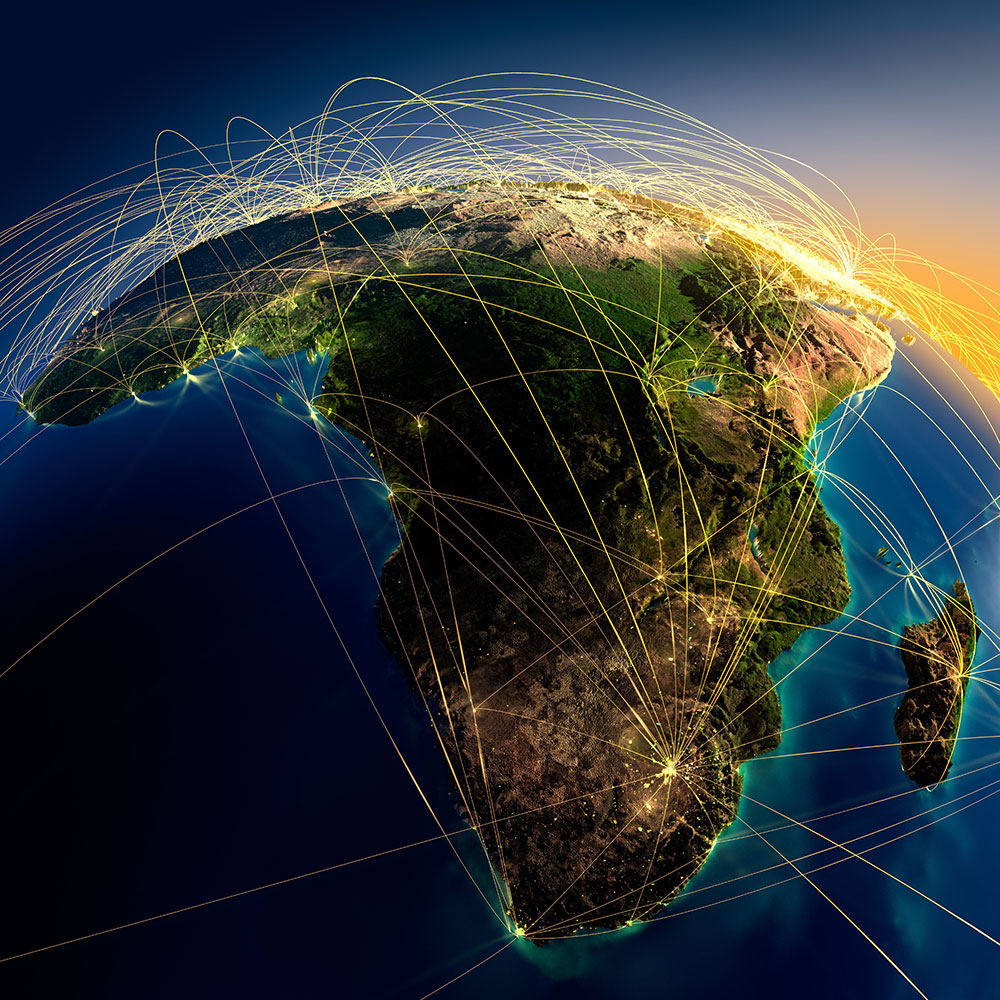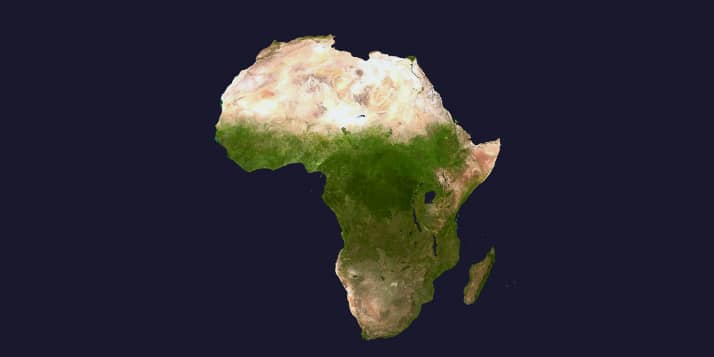In the same way that technology has altered cultures and nations across the globe, it is set to do the same in Africa.

State-of-the-art chances will show-up for people to cooperate, initiate and engage in manners that constructively change their lives for the better. Notably, smartphones and Wi-Fi access have future potential for Africa, with its youthful and substantial population, extensive pieces of land and finite groundwork.
In addition, there are long-term opportunities in real-estate and consumerism. Particularly with the rise of 3D printing. Leading technological stakeholders in Africa seem set to rake in fortunes this decade. One example is tech-giant Google’s Project Loon, which uses floating weather balloons to distribute the internet.
It is difficult to emphasize the effect industrial and social science could have on African lives. It could bring about communal involvement, broaden the right and the opportunity to use information, further commercialize businesses and improve wellness. Technology unquestionably could revamp the continent.
Nevertheless, it is only when all people connected with the development in Africa collaborate that the prospects could be magnified. If that happens, the positive changes that could be cultivated become unlimited.




